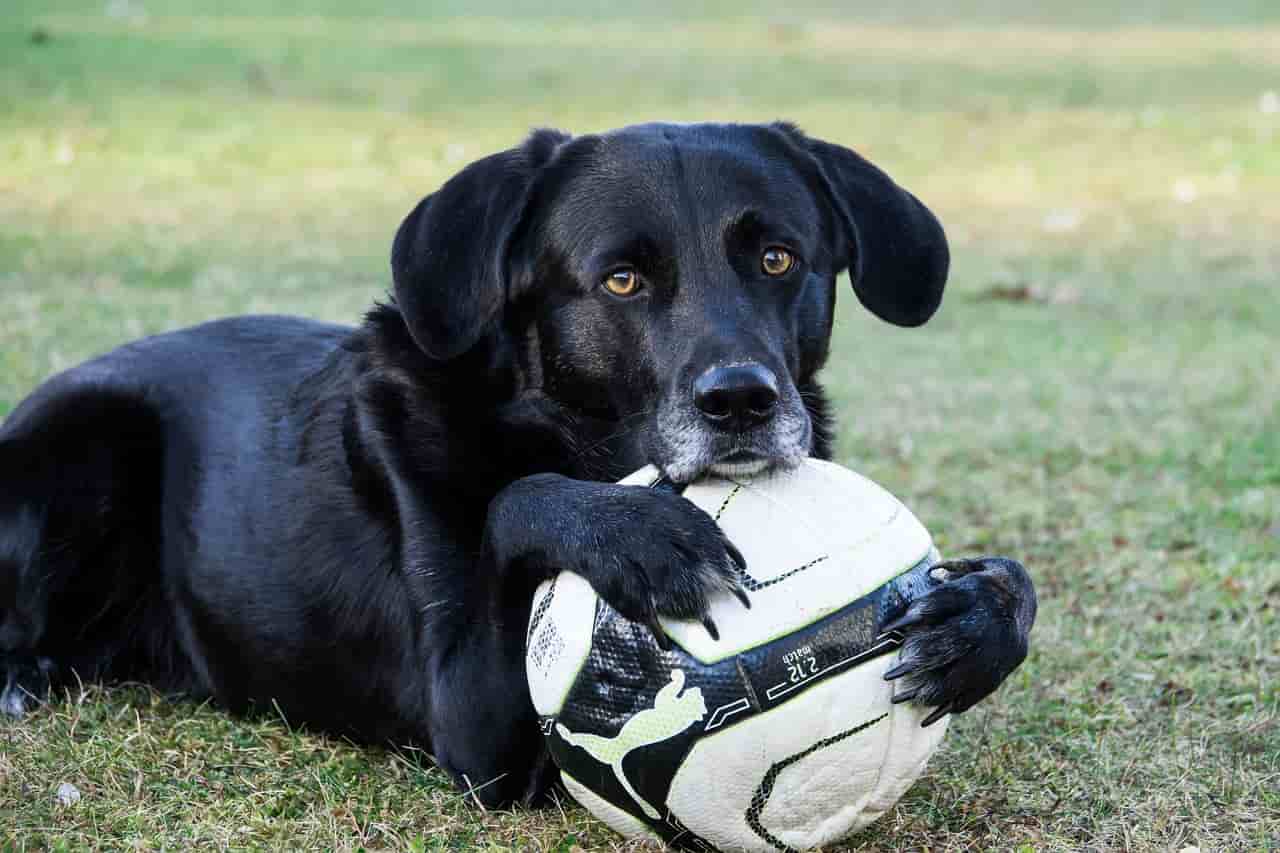Pecans are a nutritious and delicious snack that many people enjoy eating. Some people even grow huckleberries in their gardens to have fresh pecans all year round. While humans enjoy pecans in their diet, it is best not to feed them to dogs.
This is because pecans contain unique toxins and can cause dangerous side effects if consumed in large quantities. Almost all reported cases in animals are accidental poisonings, such as from eating unsafe food. This article looks at the specific risks associated with dogs eating pecans and what to do if your dog has accidentally eaten them.
Can dogs eat pecans?
Well, yes and no.
Pecans are one of the many foods that should be eaten in moderation, if eaten at all. If your dog eats only one or two pieces of pecans, you should not worry.
However, eating more than a handful of pecans can pose dangerous risks to your dog’s digestive system and overall health.
Here’s why: experts are concerned about dogs eating pecans primarily because they contain toxins, can cause stomach problems, and contain hard-to-detect, potentially carcinogenic molds.
Risk 1: Pecans contain juglone.
Although pecans are delicious, they contain a toxin called juglone. Unfortunately for our four-legged friends, juglone is toxic to dogs. More specifically, juglone – also known as naphthoquinone – is a parent compound in pecans and walnuts that becomes dangerous when exposed to oxygen.
The leaves and nuts of walnut and pecan trees do not contain enough juglone to harm humans, just enough to be dangerous to dogs.
If your dog has eaten a large number of pecans (about a handful), watch for signs of poisoning, such as
Vomiting
Diarrhea
Irregular urination
Fatigue or lack of coordination.
If left untreated, too much juglone in the body can be fatal. Take your dog to a veterinarian immediately if he shows these symptoms.
Risk 2: Pecans cause gastrointestinal distress.
Pecans are an excellent snack. They are high in protein, fiber, vitamins, and antioxidants, which is why so many people like to eat them as a snack. However, they also contain a lot of fat, which can cause gastrointestinal problems for your pups, such as excessive gas and diarrhea. Frequent consumption of pecans and nuts can also lead to diseases like pancreatitis and gastroenteritis.
Nuts like pecans are also known for their effect on the stomach. While some animals, like squirrels, can easily digest nuts, dogs are not of them. This is due to compounds like phytates and tannins in pecans, which make it especially difficult for dogs to eat nuts without side effects.
Another important consideration is the size of the pecans. Pecans are large, bumpy nuts that can be choked on. Depending on the size and shape of the pecan, your dog may choke on it or even cause an intestinal blockage, especially in small breeds. Constipation and other stresses on the gastrointestinal tract can lead to cramping or even death, which is frightening for both the owner and the dog.
Risk #3: Pecans contain mycotoxins.
Although it’s hard to see with the naked eye, pecans are prone to mold growth. That’s because pecans belong to the tremorogenic mycotoxin family. Tremorogenic mycotoxins are produced with the aid of using fungi that reason neurotoxicosis in dogs Mycotoxins also have the potential to be dangerous and carcinogenic.
Unfortunately, mycotoxins are on the rise more than ever. In recent years, the Rapid Alert System for Food and Feed (RASFF) has found that levels of mycotoxins being exceeded have increased by 65 percent.
Since molds and fungi are difficult to detect on something as small and ridged as a pecan, avoid them as much as possible when feeding your dog as a snack. Always check the shelf life of pecans you buy from the store to be on the safe side.
Conclusion
As with most things, moderation is the order of the day when it comes to pecans for dogs. Generally, pecans and dogs do not get along well, so you should avoid them altogether. This way, your dog can avoid juglone poisoning, gastrointestinal problems, and dangerous levels of mycotoxins.
Instead, give your dog nuts that he can eat, like peanuts and chestnuts, which are great for a small snack between meals. There also are many other “humans foods” secure for puppies to eat.
Carrots
Peanut butter
Eggs
Salmon
Blueberries
Popcorn
Pineapple
Bread
Corn
